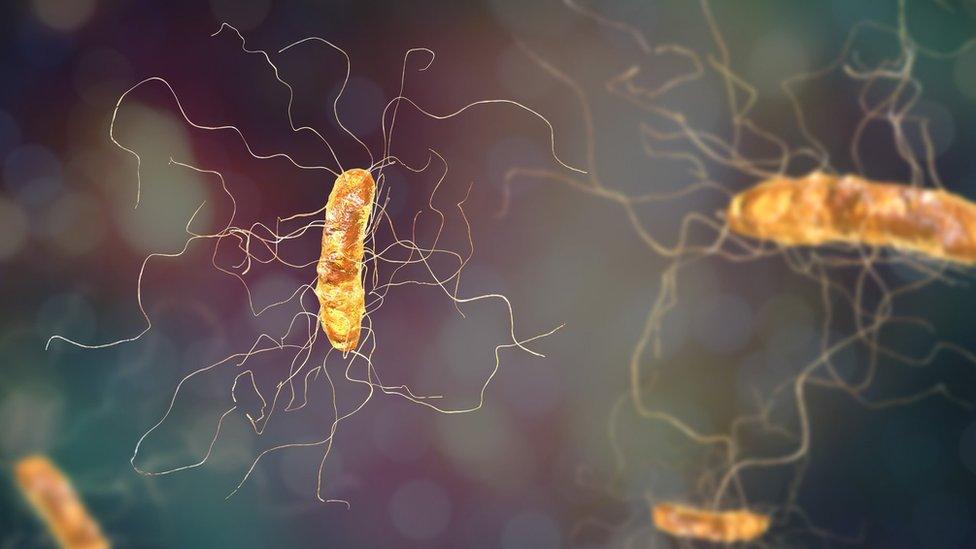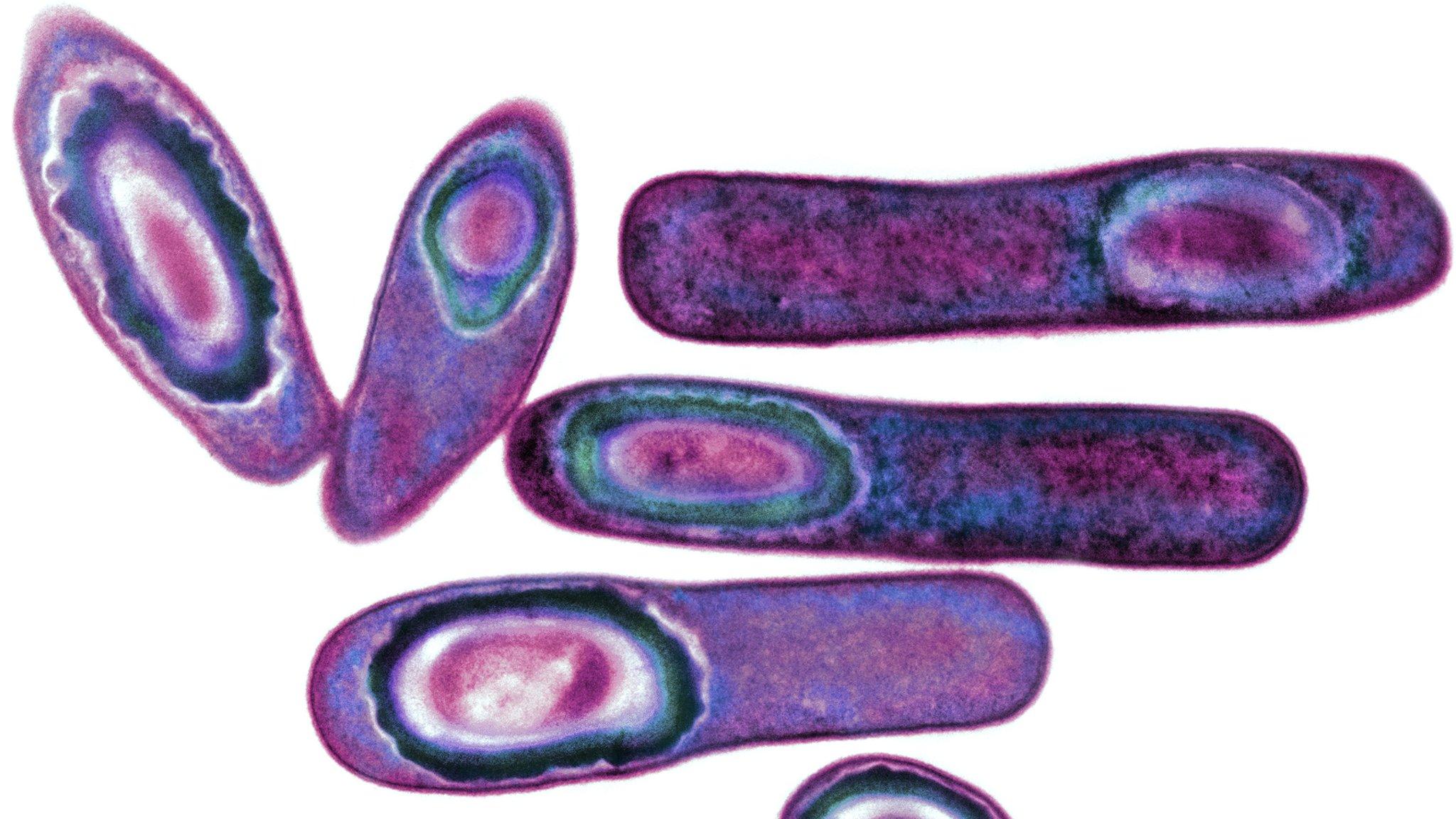New C.diff drug to be tested on patients for first time
- Published

C.diff infections have been a major problem in hospitals around the world
A new drug aimed at treating potentially deadly Clostridium difficile (C. diff) infections is set to be tested on patients for the first time.
Glasgow-based life sciences firm MGB Biopharma (MGB) said it was preparing to launch a Phase II clinical trial of its anti-bacterial agent MGB-BP-3.
The trial is expected to involve 30 patients based in North America.
All have been diagnosed with C.diff-associated disease (CDAD).
C.diff infections can cause diarrhoea and fever.
They have been a major problem in hospitals around the world, with thousands of deaths in the US alone linked to the bug each year.
The bacteria are able to take over the gut when a course of antibiotics kills off the bugs that normally live there.

MGB chief executive Dr Miroslav Ravic says the company has seen renewed interest in its new anti-bacterial agent
MGB's announcement came after it raised £1.3m from investors for trials of the new drug, which was invented at the University of Strathclyde.
The funding round was led by Edinburgh-based Archangels, with co-funding from a range of sources, including the Scottish Investment Bank, Barwell and Melrose-based Tri Capital.
The cash supplements a £2.7m grant awarded earlier this year by Innovate UK.
MGB said its trial would "evaluate safety and tolerability, efficacy and in particular look for improvement in global (or sustained) cure rates".
Chief executive Dr Miroslav Ravic said: "We are already witnessing renewed interest in our new anti-bacterial agent and its trial in key medical centres in North America where CDAD is particularly prevalent.
"This offers opportunities both to progress the study rapidly and to attract increased attention to the results for this important trial."
The company said it was aiming to start the trials in areas of the US and Canada with a high incidence of CDAD early next year.
- Published6 May 2015
